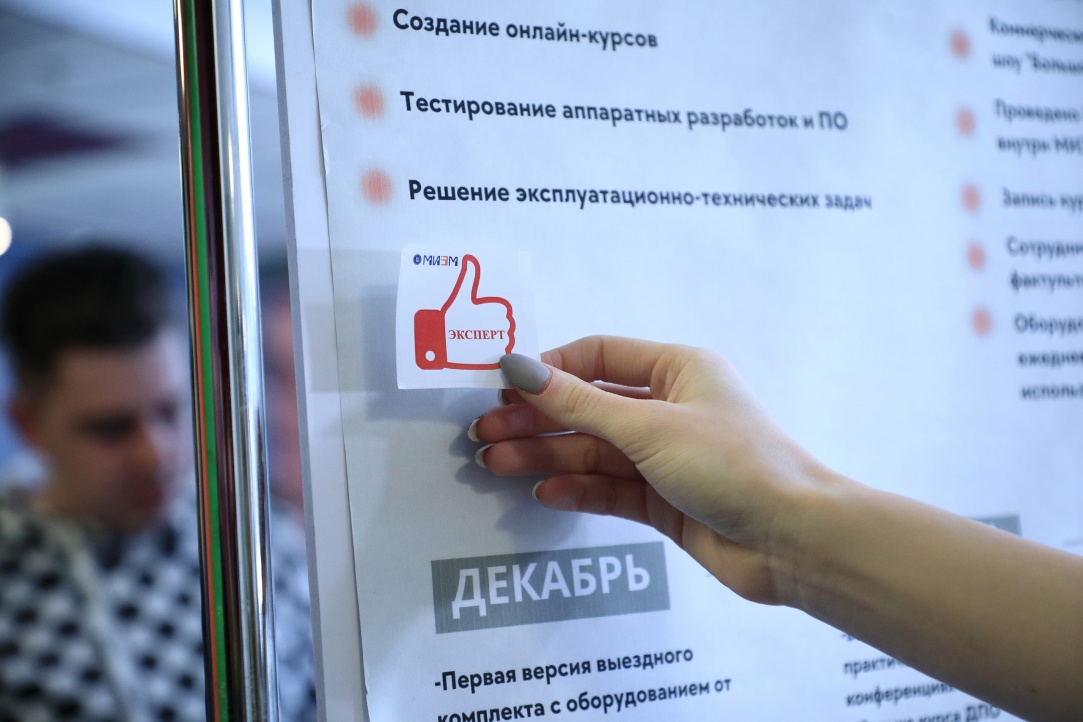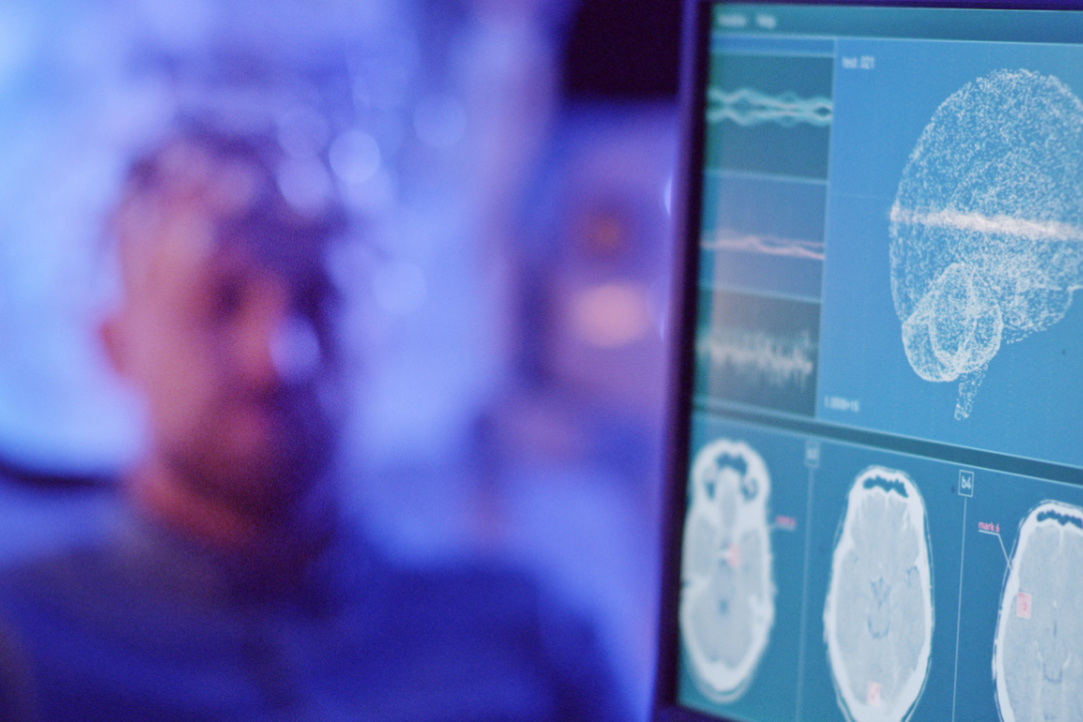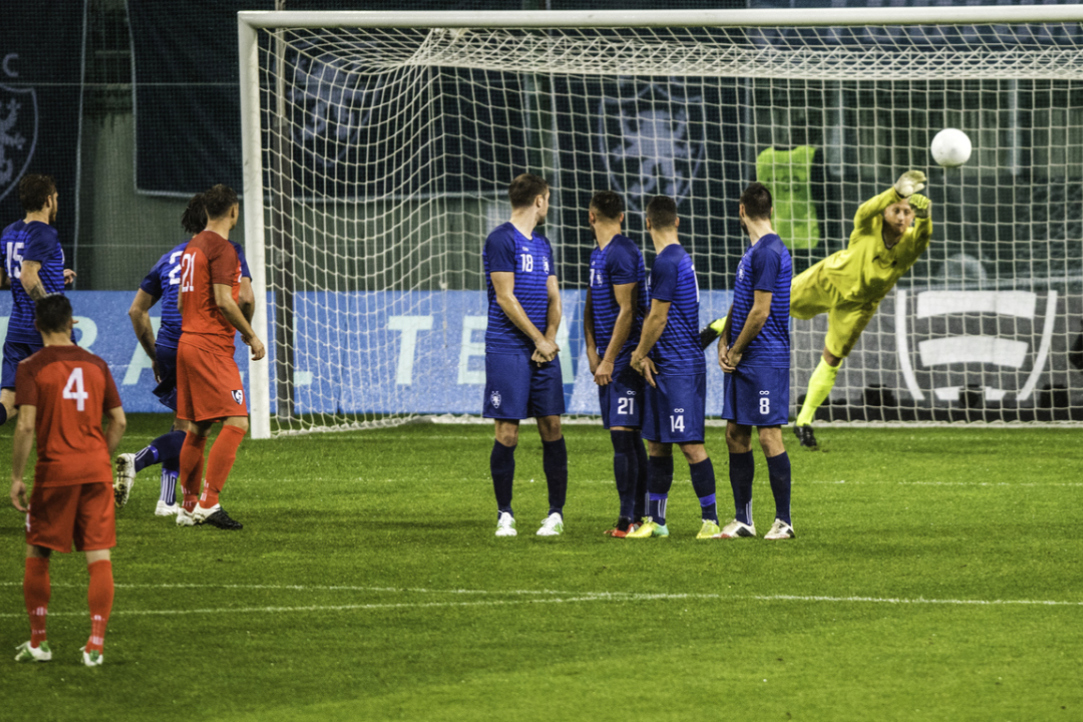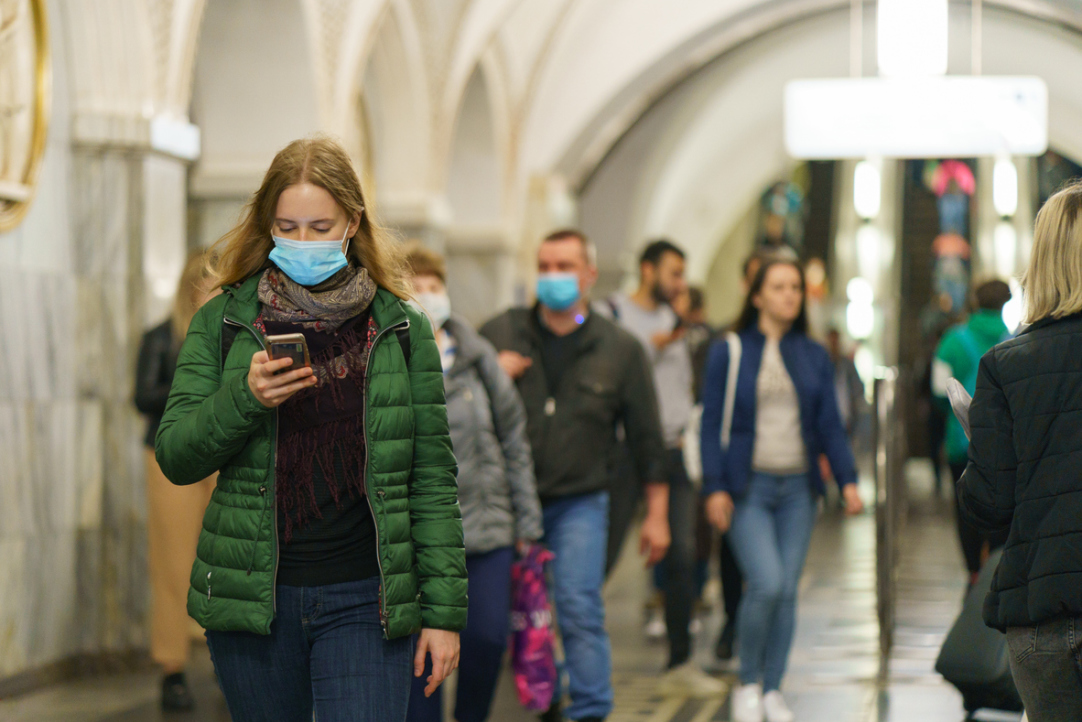
Gain Credits and Experience through Project Activities
Have you ever wanted to apply your academic knowledge in the real world? Or try your hand at a different area of study? Even if you just want to test your skills and knowledge, you can do all of these things at HSE University by engaging in project activities.

Helping Others Improves the Lives and Psychological Well-being of Russians
HSE Researcher Ekaterina Nastina has found that the more often Russians help others (whether loved ones or strangers), the more satisfied they are with their lives. However, if a person is over 50 years of age or if values of social justice are important to him or her, helping family and friends has no significant influence on his or her psychological well-being. On the other hand, pro-social, altruistic behaviour towards strangers is equally beneficial to people of all ages and beliefs. A total of 757 respondents took part in the study. An article containing the results was published in the Sociological Journal.

Light Breezes Improve Moods of Social Media Users
Sergey Smetanin, Research Fellow of the HSE Graduate School of Business, conducted a large-scale analysis to examine the impact of weather conditions on the sentiments expressed by users of the Odnoklassniki (OK) social network. The findings have been published in PeerJ Computer Science. This is the first study of its kind in Russia.

Smart Medicine, Libration Points and Electromyographic Bracelets: MIEM Students Present Their Projects
In February, a two-day poster session - the second checkpoint of the project life cycle - was held at the HSE MIEM. The participants prepared colorful posters, talked with experts and MIEM students and received well-deserved plaudits. Here, the HSE News Service looks at some student projects.

Neuroeconomical Research, Speech Tests for Neurosurgical Operations and New Discoveries in Mathematics
At the end of 2022, the results of the Project Competition in Basic Science Research for Intercampus Departments were announced. This was the inaugural competition, and focused on encouraging new research teams at HSE University and developing intercampus cooperation in the field of fundamental research. Here, HSE News Services looks at four winning projects.

HSE Psychologists Examine Baby Duck Syndrome in Digital Interface Users
Researchers of the HSE Laboratory for Cognitive Psychology of Digital Interfaces Nadezhda Glebko and Elena Gorbunova have examined the so-called ‘Baby Duck Syndrome’—the tendency among digital product users to prefer the the old version of an interface over a new one. The authors compare this phenomenon to similar cognitive biases such as the mere-exposure effect, the endowment effect, and the status quo bias. Their findings are published in Psikhologicheskie Issledovaniya [Psychological Studies].

Defenders in Football Underrated in the Transfer Market
Having analysed the statistics of players in the German Bundesliga, researchers from the HSE University Laboratory of Sports Studies found that the impact of defensive actions by players during a football match is much greater than contribution of such actions to their market value. The results of the study were published in the journal Applied Economics.

Middle Volga Experienced Half as Many Droughts in 20th and 21st Centuries as in 19th Century
These were the findings made by researchers of the HSE Faculty of Geography and Geoinformation Technology and the Russian Academy of Sciences Institute of Geography. They studied tree rings of Scots pines for an insight into the region's climatic past and published their results in Dendrochronologia.

HSE Researchers Can Now Measure Individual Decision-making Time
HSE researchers have developed an algorithm for estimating individual response preparation period duration. Their approach can help diagnose disruptions in decision-making and motor functions associated with certain diseases. The study findings are published in PLoS ONE. The research was financed by a megagrant from the Russian government as part of the 'Science and Universities' National Project.

HSE Researchers Find Out How to Communicate Health Information More Effectively to Fight COVID-19
Focusing on mortality from the COVID-19 virus is no more effective than calls to wear masks and save lives, but it significantly increases people's anxiety. After conducting an experiment with over 15,000 respondents from 84 countries, an international group of researchers, including scientists from HSE, came to this conclusion. The results of the study have been published in the Affective Science journal.

